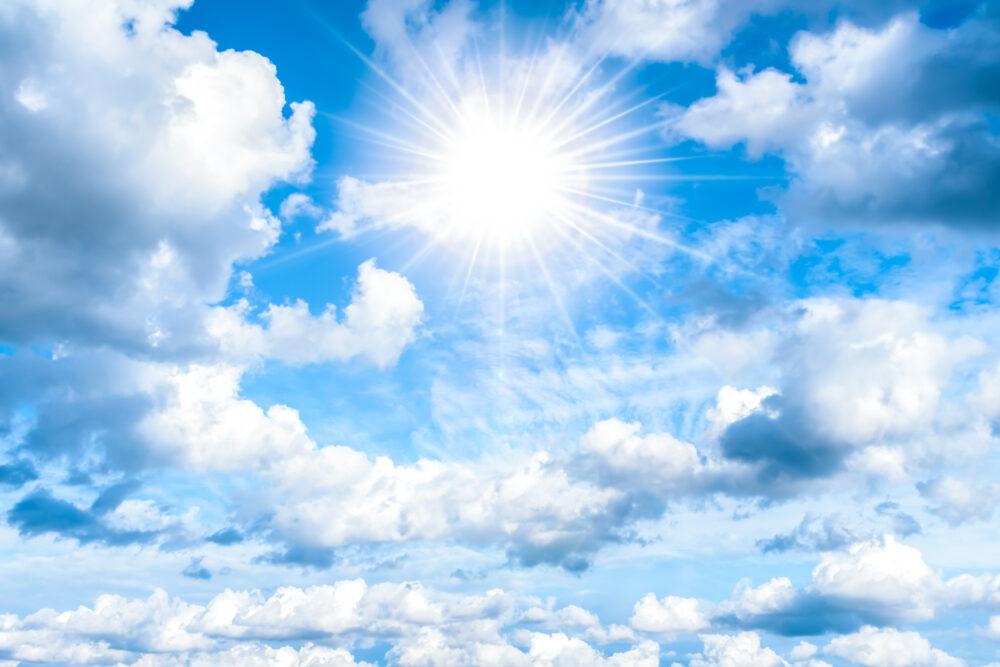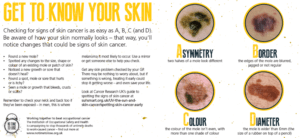- Dehydration – We wrote in our April Bulletin about the effects of dehydration and how to judge your hydration level by the colour of your urine. Drink plenty of fluids to replace those you sweat out on hot High water content foods such as melon and oranges can also help keep your fluid intake up.
- Heat Exhaustion/Stroke – Heat exhaustion is not usually serious if you can cool down within 30 minutes. If it turns into heatstroke, it needs to be treated as an The signs of heat exhaustion include: a headache, dizziness and confusion, loss of appetite and feeling sick, excessive sweating and pale, clammy skin, cramps in the arms, legs and stomach, fast breathing or pulse, being very thirsty. If someone is showing signs of heat exhaustion, they need to be cooled down.
If someone has heat exhaustion, follow these 4 steps:
-
- Move them to a cool place.
- Get them to lie down and raise their feet slightly.
- Get them to drink plenty of water. Sports or rehydration drinks are OK.
- Cool their skin – spray or sponge them with cool water and fan them. Cold packs around the armpits or neck are good, too.
Stay with them until they’re better. They should start to cool down and feel better within 30 minutes. If they don’t then seek medical assistance as they are likely to be suffering from heatstroke, which can be serious if not treated.
- UV Cancer risk – Skin cancer cases are on the increase in the UK – and they’re rising faster than in the rest of Europe.
Every year in Great Britain, on average:
-
- Occupational skin cancer kills 60 people.
- There are at least 1,500 new cases of non-melanoma skin cancer and 240 new cases of malignant melanoma linked to solar radiation exposure through work.
Use sun-screen, keep your shirt on and wear appropriate head wear for site. Take breaks in shaded areas.
- Wildfire – Wildfires are a seasonal risk every year. There are monitoring and risk mapping tools available for England, Scotland, and Wales. Recent years have seen an increase in fires attributed to improper use of disposable BBQs. With more people getting out and enjoying the countryside this year the risk is further increased. Ensure Fire Plans are up-to- date and readily available.
- Water Safety – A heatwave is often accompanied with tragic stories of the deaths of people swimming in open water to cool off. Recent weeks have seen many tragic headlines with Scotland declaring ‘its worst year ever’.
Open water can be unpredictable, water depth can change suddenly and may hide hazards below its surface. There may be hidden currents in the water, and it is likely to be cold. Plunging into cold water can cause shock and difficulty breathing. If you find yourself unexpectedly in water, try to relax and float on your back to catch your breath. This will help you calm down and preserve energy before calling out for help or swimming to safety if possible.
- Diffuse Pollution – It may seem strange writing about diffuse pollution in an article about hot weather, but periods of intense heat are often followed by intense rainfall from thunderstorms in Extreme unseasonable rainfall events are becoming more common, so we mustn’t forget our good practices to manage the risk from diffuse pollution.




